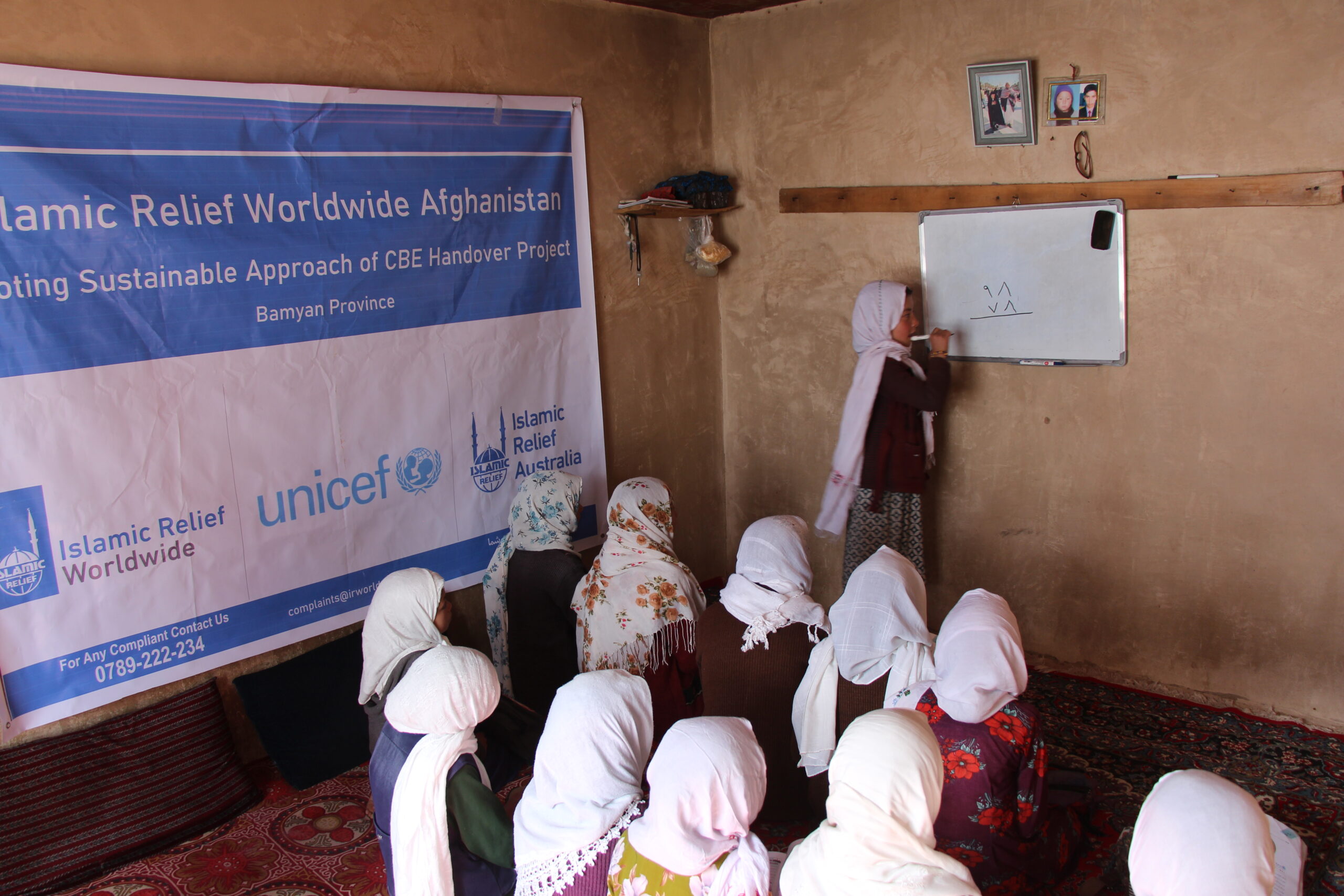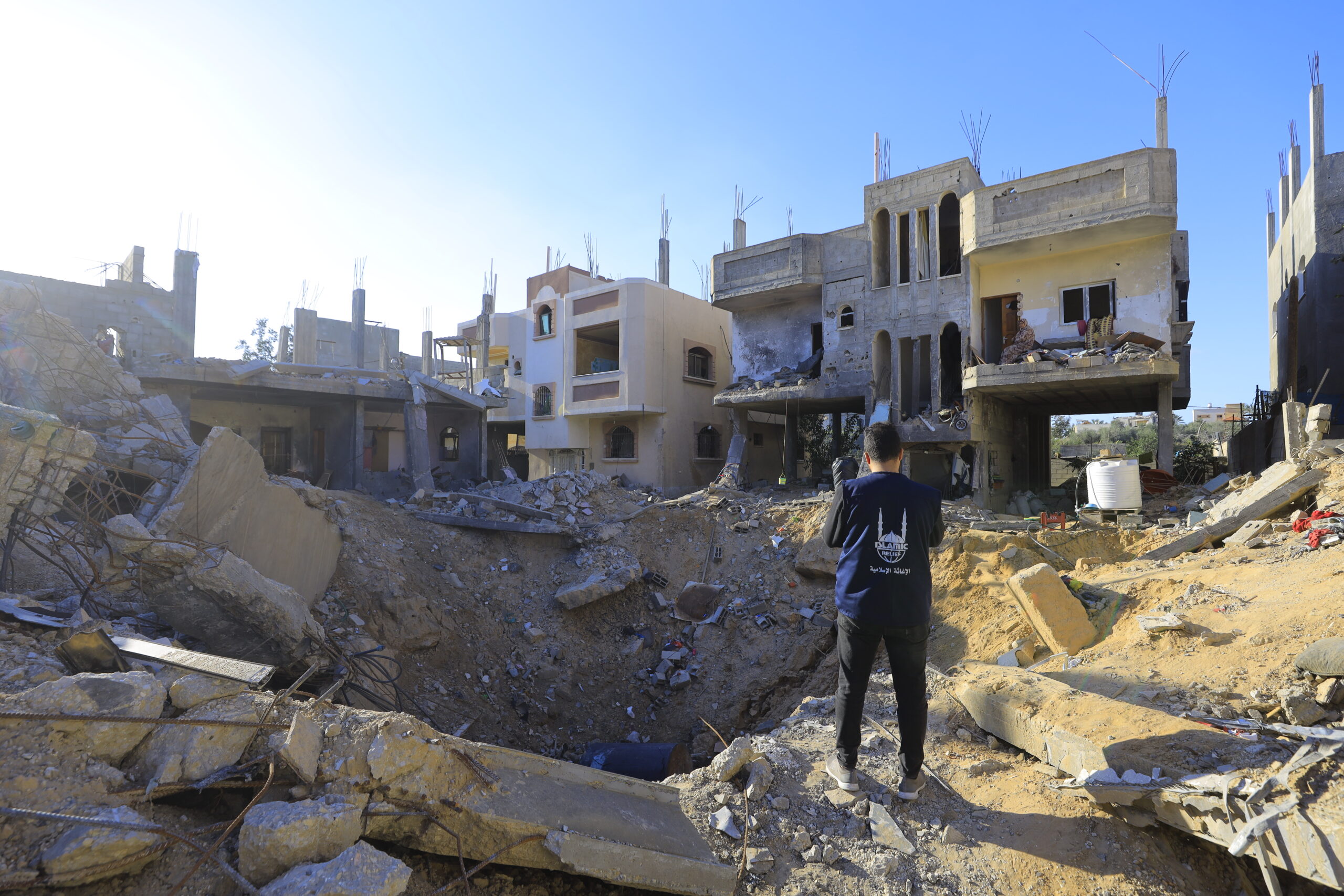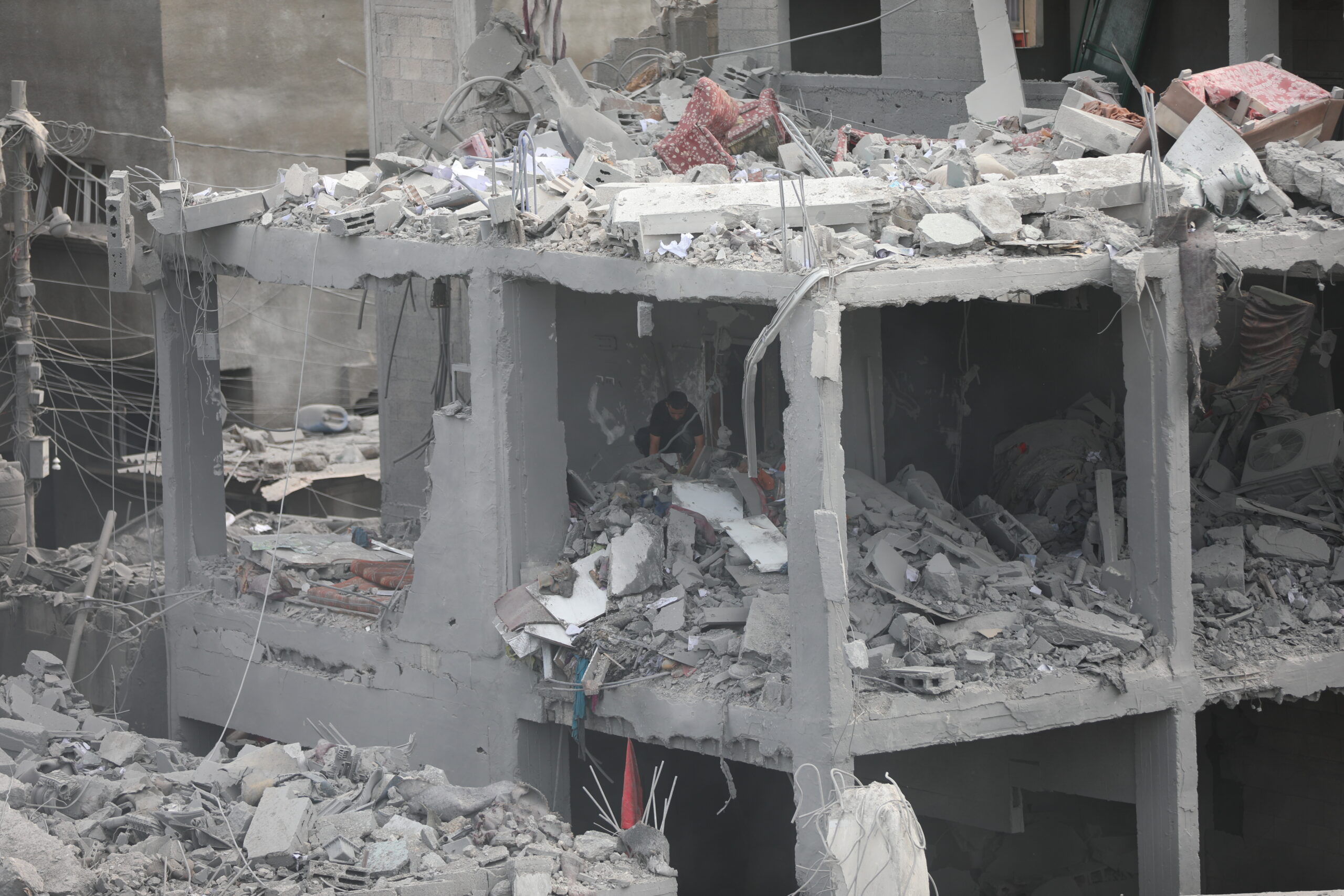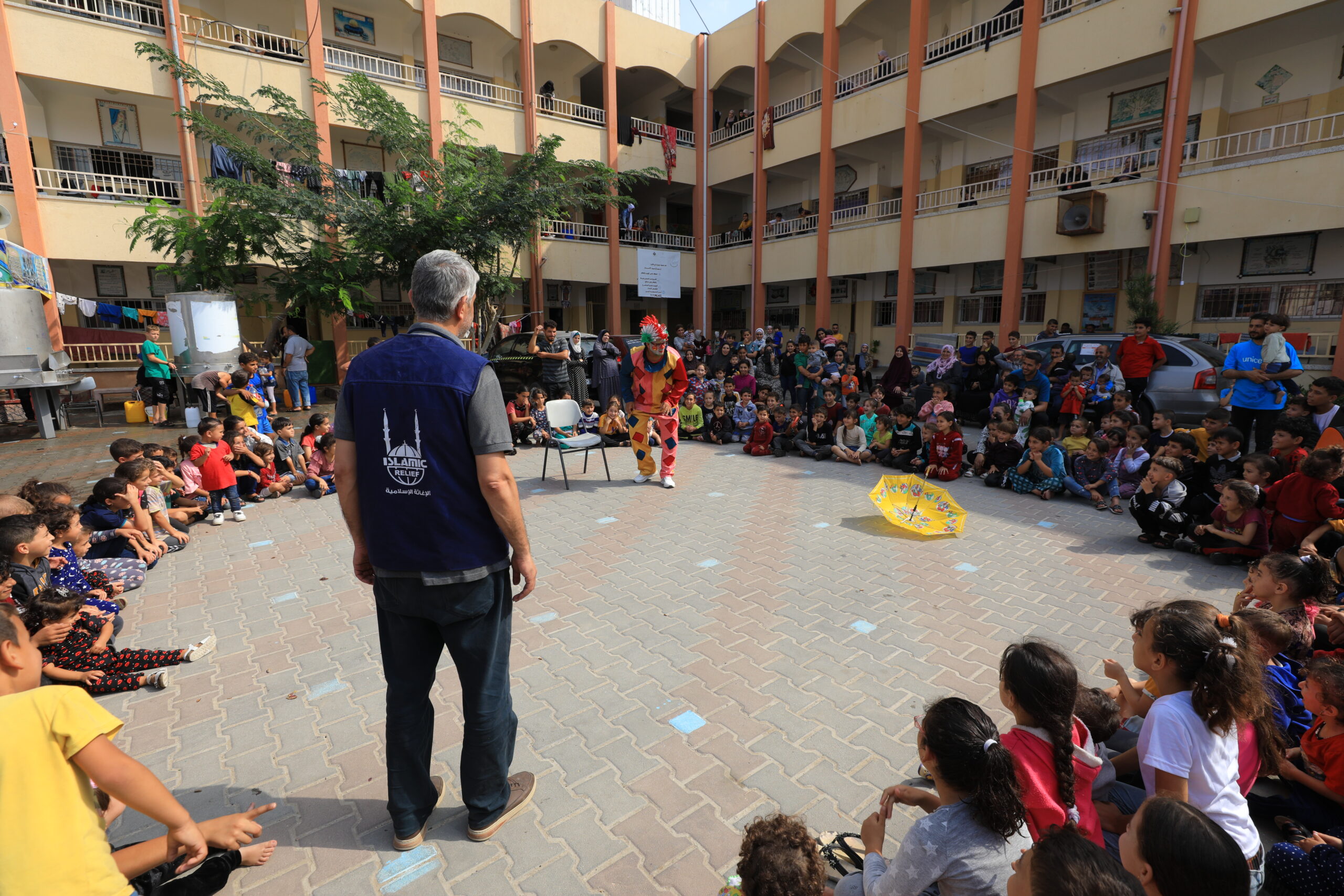For years Islamic Relief’s humanitarian advocacy adviser Aman Soufi has been studying the mounting crisis in Afghanistan. As the country marks 2 years since a major shift in power, she reflects on the harsh realities facing Afghan women and girls.
The people of Afghanistan yearn for a life filled with productivity, hope, and prosperity. Sadly, this is a far cry from the reality in a country scarred by decades of conflict, political upheaval, and economic crisis.
Two years since power shifted, the humanitarian situation is worse than ever, with unparalleled levels of need and critical shortages in humanitarian funding worsened by the challenges posed by climate change.
Many people are struggling to survive, and for women and girls the situation is particularly dire.
The hopes of Afghan women on hold
The hopes of Afghan women and girls to actively participate in their communities have been put on hold indefinitely.
Public spaces such as parks, gyms, and public baths have become off limits for women and girls, effectively reshaping Afghan society into one in which only men’s interests matter.
Heartbreakingly, their access to education – an empowering, life-changing fundamental right – is now severely restricted.
An edict forbidding girls aged 13 and above from going to school is depriving 2 million children of secondary education. Women have been barred from attending universities, and from taking the exams required to complete medical school, or to pursue medical specialists.
While female doctors are still allowed to work, alarm is mounting that in the future the women of Afghanistan may be cut off from access to vital healthcare if women are not able to graduate and enter the medical profession.
Crisis upon crisis: Afghanistan’s road to stability and prosperity is crumbling
Alongside its multi-faceted economic crisis, Afghanistan faces more frequent and severe droughts – thanks to climate change – as well as disease outbreaks; and the lingering consequences of prolonged conflict.
It’s a devastating combination.
The result is significant barriers to equitable access to healthcare, education, water and sanitation, social protection, and justice for the people of Afghanistan.
A humanitarian crisis of this magnitude demands urgent attention from the global community, which has so far fallen disastrously short.
As of August, only 24.8% of the Humanitarian Response Plan for 2023 has been funded, highlighting the critical need for additional funds. Consequently, the fulfilment of human rights, human development, and long-term national stability and prosperity are being severely undermined.
Moving beyond humanitarian aid
Afghanistan’s circumstances are complex, fragile and fluid. The country lacks relationships with the international community, which itself has no distinct strategy for Afghanistan.
Humanitarian aid from organisations such as Islamic Relief can ease the suffering by assisting families with their basic needs – as we have been doing for nearly a quarter of a century. Efforts to safeguard human rights are essential, too.
But these interventions, important as they are, cannot end the crisis in Afghanistan. Halting the suffering of millions requires the international community to remain engaged, and to find alternative partnerships and methods.
Interventions should focus on addressing the root causes of problems, building strength and adaptability in the community, and minimising the chances of conflict arising in the future. There are opportunities to improve access to services, create economic opportunities, foster social cohesion, and protect human rights. Particularly for children and women, whose exclusion is only digging Afghanistan deeper into crisis.
Considering the country’s exposure to climate change and the potential impact of natural disasters, interventions that promote climate resilience should be a top priority. In addition, climate risks must be considered when designing and implementing all humanitarian and development projects.
Islamic Relief’s call to action
In the face of these distressing realities, Islamic Relief is working tirelessly to maintain operations and deliver much-needed humanitarian assistance, and to advocate for every Afghan’s right to life with dignity, especially women and girls’ rights within the civic space.
Islamic Relief believes that everyone in Afghanistan should have access to high-quality essential services, such as health and nutrition, education, sanitation, and social protection. To improve access to services, it is crucial to strengthen coordination across different sectors, building upon humanitarian interventions to enhance long-term sustainability.
I am clearer than ever that legislation that is fair for all Afghans, particularly women, to end the deepening crisis in Afghanistan. Overall, access to education and work opportunities for women are not just a matter of individual rights but also critical for the progress, development, and well-being of the entire community. It can be done. It must be done, because the alternative is unbearable.
Read Islamic Relief in Afghanistan today to learn more about the life-saving work Islamic Relief is doing.









